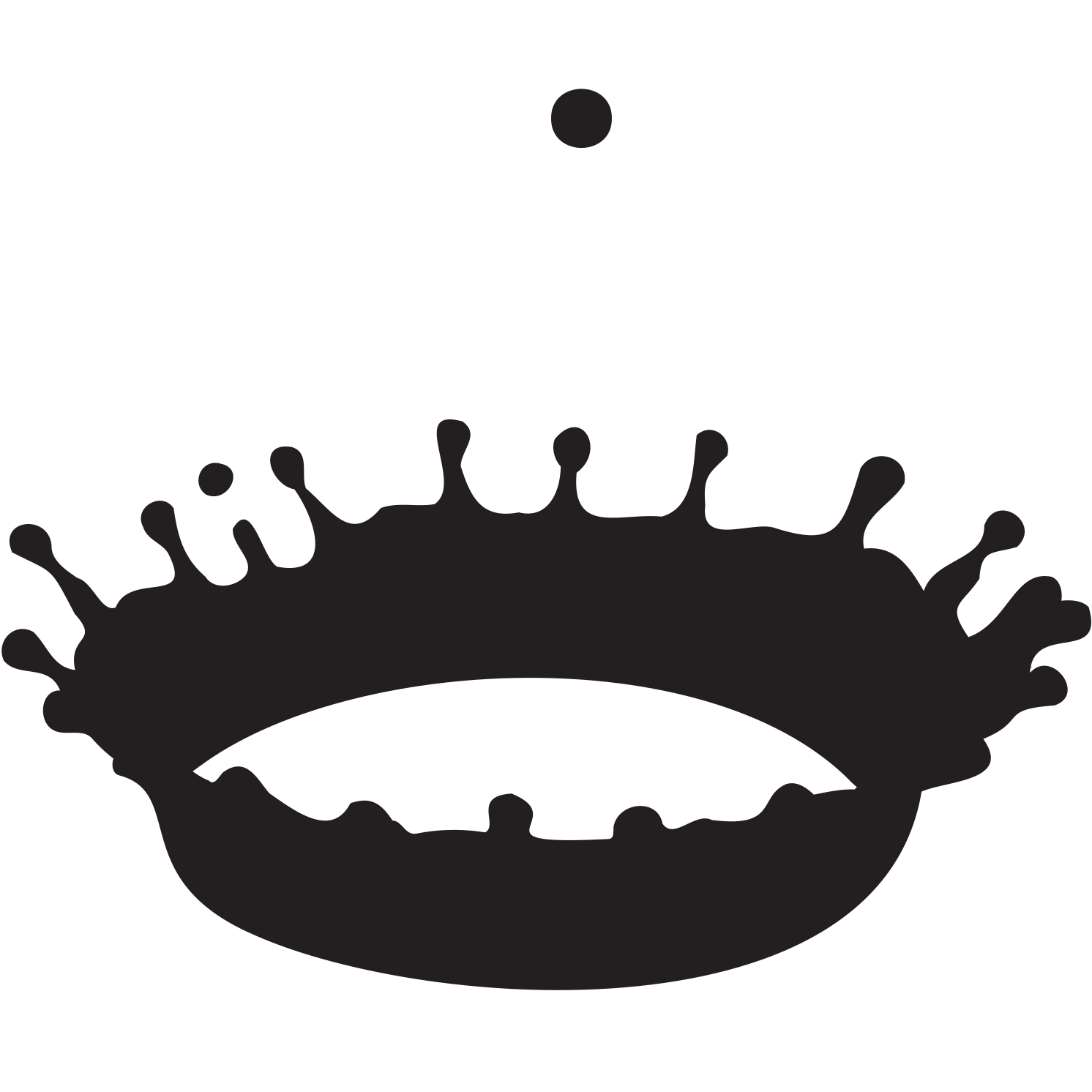In alignment with MIT’s Strategic Action Plan for Belonging, Achievement, and Composition, the Edgerton Center is dedicated to ensuring that everyone is celebrated and provided equal access to participate in our programs.
We believe that hands-on education transcends boundaries, bringing together students from diverse backgrounds and cultures to collaborate on projects and foster deeper mutual understanding through the joy of creation.
Explore Articles
- MIT’s First Nations Launch team wins grand prize at NASA’s First Nations Launch High-Power Rocket Competition (September 3, 2024)
- Edgerton Center hosts workshop for deaf high school students in STEM (July 26, 2024)
- 21-year-old quadriplegic MIT student uses power of mind to defy physical limitations (July 15, 2024)
- Technical Instructor Pat McAtamney empowers student-led engineering teams (February 12, 2024)
- Incoming MIT students surprise President Kornbluth with “Barbis” installation (August 29, 2023)
- The Indigenous rocketeer (August 17, 2023)
- Driven to driverless (May 31, 2023)
- At MIT, women take the lead on student teams (April 4, 2022)
About the The Edgerton Center Diversity Committee
The goal of the Edgerton Center Diversity Committee is for every MIT student to feel welcomed as their full selves at the center, regardless of race, religion, sexual orientation, gender, ability, or class.
The committee’s current focus is accessibility for people with differing abilities (deaf, blind, disabled, neurodivergent, etc.), and running events with cultural groups to welcome people of all backgrounds into our spaces. We've thrown events with the Black Student Union, LGBTQ+ students, the Latino Cultural Club, and the Asian American Initiative.
Current Members: Elizabeth Cavicchi, Amanda Mayer (committee head), Ed Moriarty
Belonging
Maker activities for student cultural groups
For the second year in a row, the Edgerton Center is holding maker events with student cultural groups, with funding from the Institute Community and Equity Office. Activities include collaborative murals, linoleum block printing, glass etching, and more!
Accessibility

The Edgerton Center has been actively working to improve accessibility based on student feedback and expert evaluations. Early efforts included addressing concerns raised by an autistic student in 2022, leading to the fixing of buzzing lights in the center, and having sign language interpreters at events. Additionally, discussions with LGBTQ students about their negative experiences in typical maker spaces inspired two co-sponsored events: "Make it LGBTQ+ Pride Flags" (Jan 27, 2023) and Splash Painting (March 16, 2023).
Achievement
Deaf STEM Workshop
Piloted June 2024

The percentage of Deaf and hard of hearing individuals who have bachelor’s degrees is than their hearing counterparts, and for those who do have degrees, most are in business and education. Deaf adults with degrees in STEM fields are few and far between. Edgerton Center Instructor Dr. Amanda Gruhl Mayer '99, PhD '08 has set out to bridge this gap by piloting a new MIT workshop, STEAMED (Science, Technology, Engineering, Art, and Math Experience for Deaf and hard of hearing students). The workshop tasked students with building an underwater Remotely Operated Vehicle (ROV), teaching them new skills to build circuits, motors, and frames. At the end of the course, students tested their robots at the Z Center pool. Amanda worked with Brian Gibson, a science teacher at Horace Mann School for the Deaf and Hard of Hearing; Edgerton Center instructors Chris Mayer and Christian Cardozo '18; and MIT student mentors Ryn Moore ‘25 and Ruben Castro ’24. With several instructors and mentors at varying levels of ASL fluency, ASL interpreters strengthened communication between all participants.
Read more
Interphase

The Interphase program is a collaboration with the MIT Office of Minority Education, welcoming high-acheiving students from disadvantaged backgrounds to come experience MIT the summer before their first year. For 3 years, the Edgerton Center has taught a workshop for the students in this program to form groups and build whatever they want. Some famous projects that have come out of this workshop include the Barbis (Featured on NBC News Boston!)
Composition

The Edgerton Center has a long history of diversity on student-led engineering teams. N51 Instructor Pat McAtamney shared in a recent article, “I think there's a big correlation between more communication on the teams that have been brought on by female membership and the success of the teams.”
Additionally, the Edgerton Center supports the First Nations Launch Team, which uses Indigenous methodologies and engineering for rockets and payloads. The Edgerton Center also supports the Accessibility Club, which makes the world more accessible to everyone by building connections within our community and fostering collaborative efforts to create inclusive technology.






